Broward County Family Caregiver Common Stress Point: Making a Mistake

Partnering with an agency like Responsive Home Care can reduce the trepidation and anxiety in managing care at home successfully.
“Of course Grandma can move in with me!”
Increasingly more family caretakers are making this commendable choice every day, signifying the beginning of lifestyle changes they can only truly have an understanding of once immersed in them. And even though the positive aspects of providing care for an older parent are immeasurable, they’re not without a variety of dilemmas as well.
It might seem second-nature to take care of daily activities for a senior loved one; yet it’s not quite as intuitive as it seems initially. As an example, helping a senior in the shower or bath the wrong way may lead to a fall. Poor incontinence care could cause skin damage and infection. Noncompliance with a prescribed dietary plan can lead to a variety of health problems.
It is not a surprise that in a newly released report shared by AARP, “Home Alone Revisited,” a lot of family caregivers mentioned anxiety over the possibility of making a mistake in the care they provide. The study features responses from a survey sent to over 2,000 family caregivers, who revealed that although they believed their care was making it possible for their family members to stay at home instead of moving to an assisted living or nursing home setting, they expressed anxiety over their experience to do the tasks needed.
Respondents in the study divulged that the most emotionally frustrating element of caregiving is incontinence care. And, nearly ¾ of family caregivers surveyed are regularly performing medical duties in relation to pain management – tasks for which they wished they had obtained better training and recommendations from the senior’s medical care team.
Heather Young, dean emerita at the Betty Irene Moore School of Nursing at the University of California, Davis (and co-author of this report) explains that, “Too often (family caregivers) are unprepared and do not get the support they need to assume these important roles.”
Asking for help and training in unfamiliar tasks is critical for family caregivers. Those who partner with an established in-home care provider, such as Responsive Home Care, can reduce the trepidation and anxiety in managing care at home successfully. Our team in home health care in Coral Springs, FL are professionally trained in the countless intricacies of aging care, and can provide family members with valuable guidance and education. We also offer trusted, reliable respite care services that make it possible for family caregivers to step away from their care responsibilities while knowing their senior loved one will be safe and well cared for.
Call our team in home health care in Coral Springs, FL at 954-486-6440 or contact us online for a free in-home consultation to find out more.

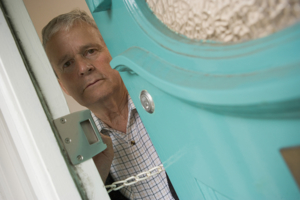
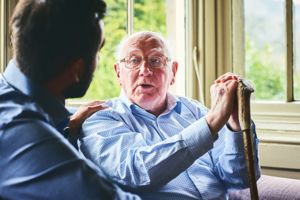
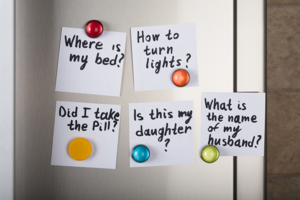
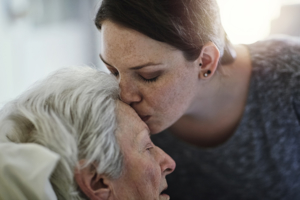
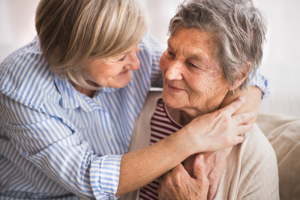


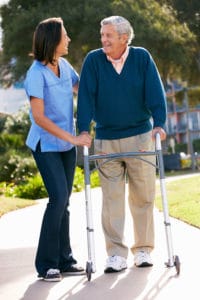 Spending time outside of the house with an elder who has dementia can be both frustrating and challenging. If they are in the later stages of the disease, you may have to worry about the elder wandering or displaying abnormal behaviors. While it can be terrifying and possibly embarrassing to even consider going out in public with your loved one, it is something you and the elder should do from time to time.
Spending time outside of the house with an elder who has dementia can be both frustrating and challenging. If they are in the later stages of the disease, you may have to worry about the elder wandering or displaying abnormal behaviors. While it can be terrifying and possibly embarrassing to even consider going out in public with your loved one, it is something you and the elder should do from time to time. When you first start to notice your loved one having difficulty processing information, it’s scary. The situation can be scary for your elderly loved one, too, because cognitive issues can often mean that she’s about to lose some of her independence.
When you first start to notice your loved one having difficulty processing information, it’s scary. The situation can be scary for your elderly loved one, too, because cognitive issues can often mean that she’s about to lose some of her independence. If your elderly loved one has dementia and is refusing to bathe regularly, you may find yourself frustrated by the problem. This is unfortunately common for loved ones who have dementia, but the situation is still resolvable.
If your elderly loved one has dementia and is refusing to bathe regularly, you may find yourself frustrated by the problem. This is unfortunately common for loved ones who have dementia, but the situation is still resolvable.